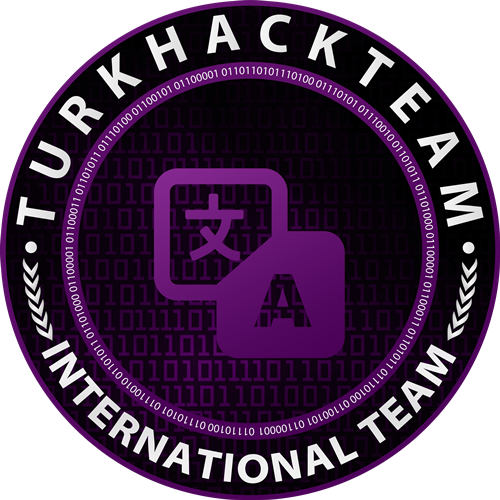
What is a hack?
Hacking is the activity of identifying weaknesses in a computer system or network in order to take advantage of security to gain access to personal data or business data. An example of hacking would be using a password-cracking algorithm to gain access to a computer system.
Computers have become essential to running a successful business. Having isolated computer systems is not enough; they need to network to facilitate communication with external businesses. This exposes them to the outside world and hacking. System hacking refers to the use of computers to commit fraudulent acts such as fraud, invasion of privacy, theft of corporate/personal data, etc. Cybercrime costs many organizations millions of dollars each year. Businesses need to protect themselves against such attacks.

In this hacking tutorial, what we will learn:
Common Hacking Terminologies
What is Cybercrime?
Types of Cybercrime
What Is Ethical Hacking?
Why Ethical Hacking?
The Legality of Ethical Hacking
Summary
Before we learn about hacking, let's look at the introduction of hacking and some of the most commonly used terminologies in the hacking world.

Who is the hacker?
A hacker is someone who finds and exploits weaknesses in computer systems and/or networks to gain access. Hackers are usually skilled computer programmers with computer security knowledge.

Introducing Cybercrime
Cybercrime is the activity of using computers and networks to engage in illegal activities such as spreading computer viruses, online bullying, carrying out unauthorized electronic fund transfers, etc. Most of the cybercrime attacks are carried out over the internet and some cyber crimes are carried out via SMS and online using Mobile phones. chat apps

Type of Cybercrime
The following list presents common types of cybercrime:
Computer Fraud: Deliberate deception for personal gain through the use of computer systems.
Privacy violation: Disclosure of personal information such as email addresses, phone number, account information on social media, hacking of a website, etc.
Identity Theft: Stealing personal information from someone and impersonating that person.
Sharing copyrighted files/information: This includes distributing copyright-protected files such as eBooks and computer programs, etc.
Electronic funds transfer: This includes obtaining unauthorized access to bank computer networks and making illegal fund transfers.
Electronic money laundering: This involves using the computer to launder money.
ATM Fraud: This involves the hacking of ATM card details such as account number and PIN numbers. These details are then used to withdraw funds from compromised accounts.
Denial of Service Attacks: This involves the use of computers in multiple locations to attack servers in order to shut them down.
Spam: Sending unauthorized emails. These emails often contain advertising.

What Is Ethical Hacking?
Ethical Hacking is about identifying weaknesses in computer systems and/or computer networks and coming up with countermeasures that protect weaknesses. Ethical hackers must follow the rules below.
Get written permission from the owner of the computer system and/or computer network before hacking.
Protect the privacy of the attacked organization.
Report any weaknesses detected in the computer system to the institution in a transparent manner.
Inform hardware and software vendors about weaknesses detected.

Why Ethical Hacking?
Information is one of the most valuable assets of an organization. Keeping information safe can protect an organization's image and save an organization a lot of money.
Fake hacking can lead to job loss for organizations interested in finance, such as PayPal. Ethical hacking puts them one step ahead of cybercriminals who would otherwise lead to job loss.
The Legality of Ethical Hacking
Ethical Hacking is legal if the hacker follows the rules outlined in the section above regarding the definition of ethical hacking. This E-Commerce Consultants Council (EC-Council) provides a certification program that tests an individual's skills. Certificates are given to those who pass the exam. After a while, the certificates need to be renewed.

Summary
Hacking is the process of identifying weaknesses in computer systems and/or computer networks and exploiting them.
Cybercrime is the commission of crimes with the help of computer and information technology infrastructure.
Ethical Hacking is all about increasing the security of computer systems and/or computer networks.
Ethical Hacking is legal.


Translator: @ByFelez
Subject Author: @DOKTR1N
Subject: https://www.turkhackteam.org/konular/hack-nedir-hacker-turleri.2018212/







